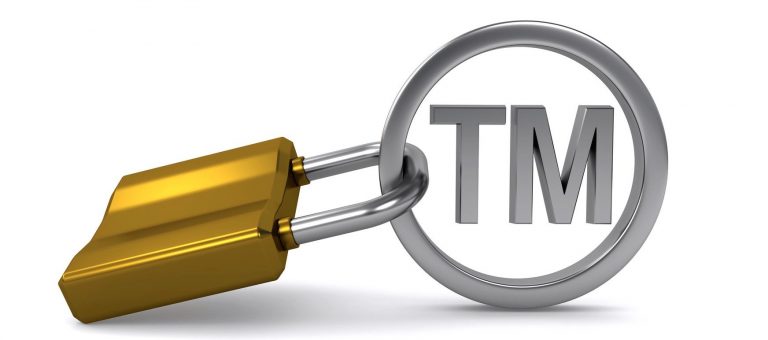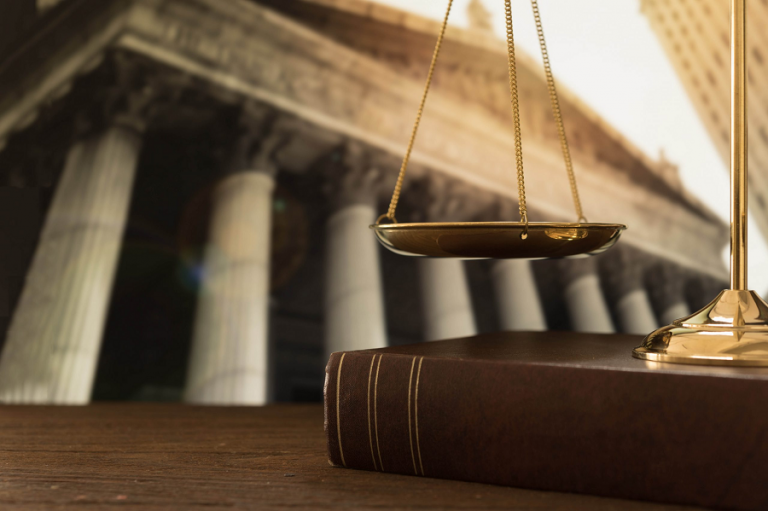
A criminal charge is most probably the most serious charge that can be slapped against a person. It cascades into the consequences no less than nightmares. Go through our blog to know what awaits the person whose life comes to a standstill after a criminal charge is brought against him or her.
Who Makes the Decision to Press Charges?
Let us assume a scenario where a charge of an assault outside a bar is brought against a person. The police come and make an arrest. What is Next? Will the victim visit the police station to lodge a complaint and press charges? That’s what you watch on TV but the reality is surprisingly different.
Prosecutors Face Criminal Charges
Victims have a key role in the charging process. They are the primary source of evidence and witnesses. If we consider the above situation, the victim will most likely have to give a written statement to the police as to what happened and how it happened. It will not be the victim but a government prosecutor who will make the final decision whether or not to file a criminal charge against the arrested suspect. The decision-making process is guided and guarded by a multitude of reasons.
Crime & Public Impact
Crimes produce a rippling effect. It directly affects the victim but indirectly affects the entire community, making them feel that their safety and well-being are at great risk. Though federal, state, county, and city laws are always there to safeguard the public and interrogate crimes, the society approaches the public lawyers to prosecute the culprits. Depending on the state where you live, prosecutors might be referred to as state attorneys, district attorneys, assistant attorneys, commonwealth attorneys, city prosecutors, or the likes.
Prosecutors’ Ethical Duties and Professional Responsibilities
It’s the prosecutors’ ethical duties to ensure that justice is served. Remember that winning a case does not necessarily serve the purpose. It is a must-consider for the prosecutor to pay close attention to the needs of both the victim and society and make sure that the decision is firmly based on the evidence, the facts, and the laws. Prosecutors, with their penetrating discernment and farsightedness, should analyze the potential harm in hurrying up to pursue a case or pursuing a case wrongly.
If the suspect is innocent, pressing charges against he or she can make the person’s life a complete hell. An arrest is enough to lead to jail time, forcing the person to stay behind the iron bars and away from family, friends as well as the opportunities to progress and prosper in life. There is no way to reverse the damages to one’s reputation and loss of freedom. On the downside, pursuing criminal charges without solid evidence can also see the criminal walking away Scot Free.
Liability and Impartiality
If you are facing criminal charges, prepare to deal with some harsh consequences. For all the above-mentioned reasons, prosecutors are entitled to filing charges. A prosecutor, who is not directly involved in the crime, is trusted to balance all the aspects and issues and stays accountable to society as a whole.






